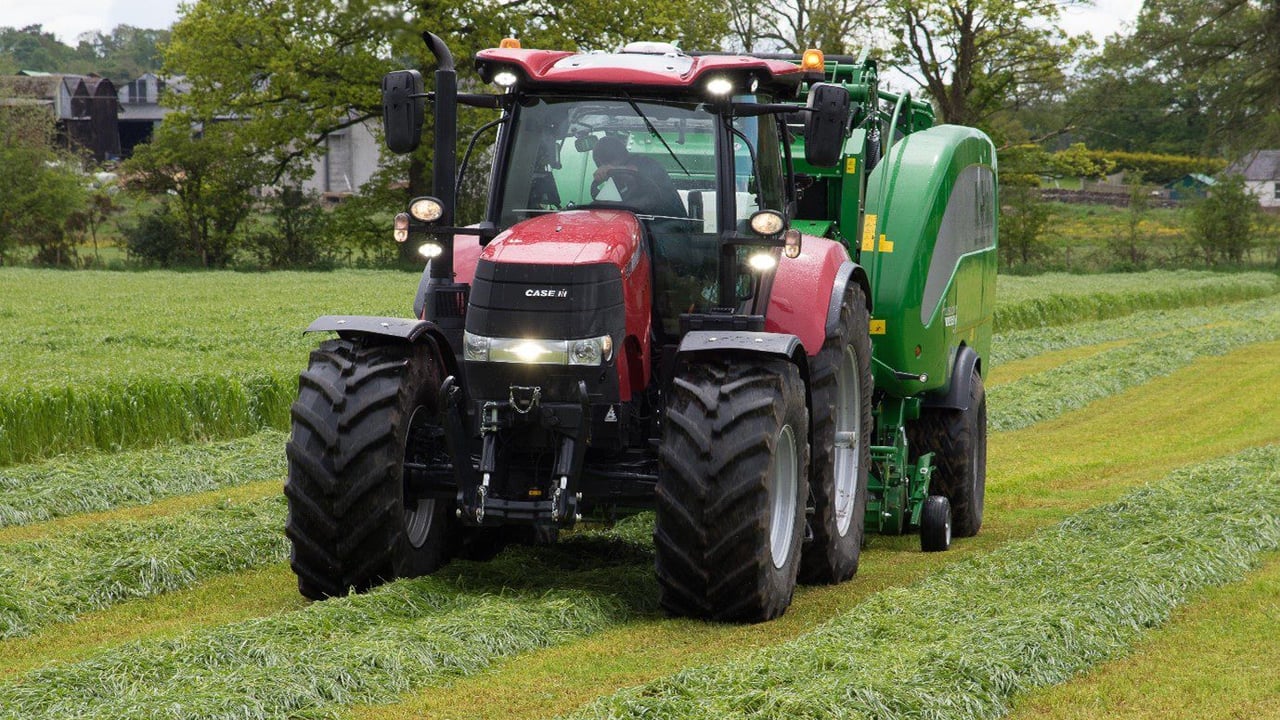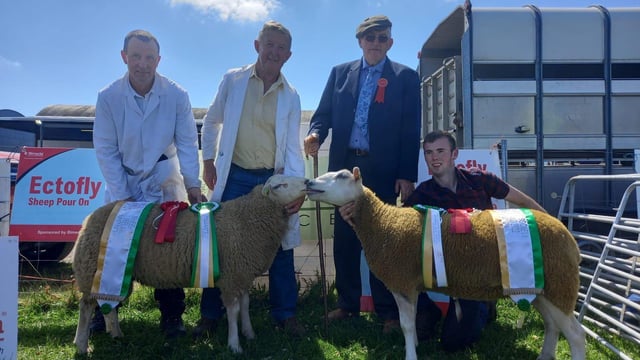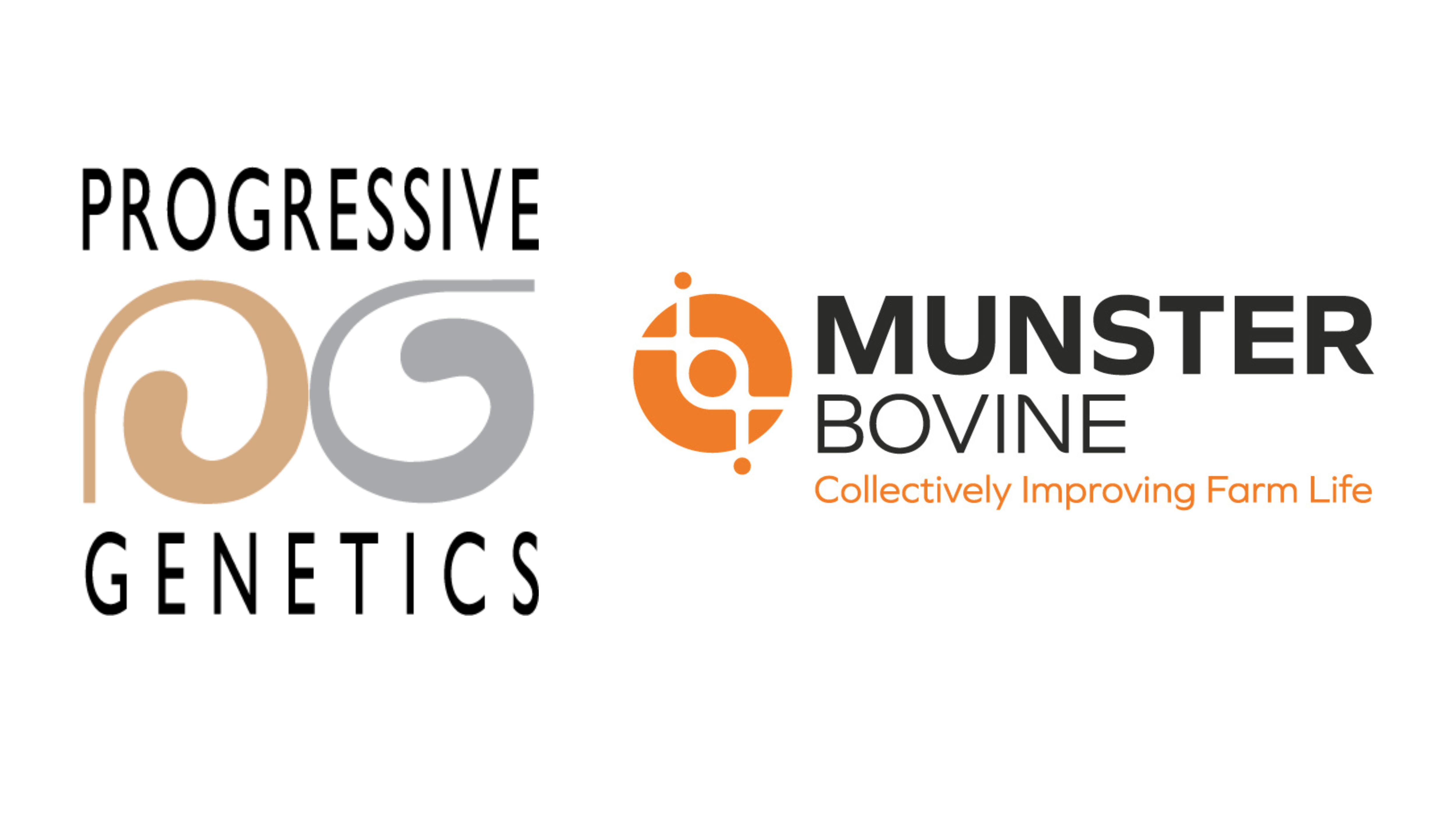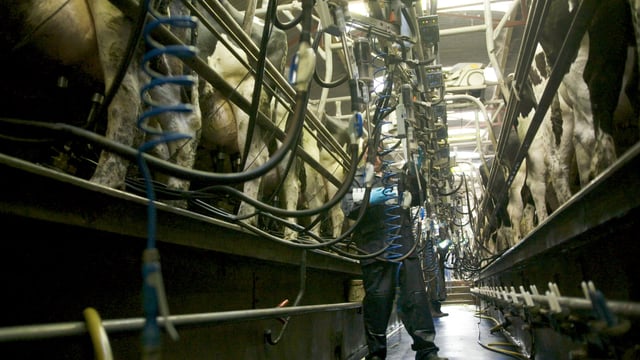Sponsored Article

Sponsored Article
Breaking the habit of making bad bales
Sponsored Article

There is tremendous untapped potential in baled silage for dairy farms, according to one livestock specialist. Volac business manager, Ken Stroud, admits to being amazed at the quality potential of bales, having experienced how Irish farms make it.
"A lot more Irish dairy farms rely entirely on bales than British farms, possibly due to smaller herds, but some produce up to 10,000L/cow," Ken said.
He believes there are valuable lessons to be learned from the mindset of Irish producers making baled silage – even for farmers only making bales once clamps are full.
“A big reason baled silage is so popular in Ireland is its lower labour requirement compared with making clamped silage," Ken continued.
“That in itself is a benefit. But also, because these farmers are able to carry out the whole process themselves, they are more in control.
According to Ken, a notable difference in Ireland, is that bales are made at 25-35% dry matter (DM), rather than the usual 35-45% DM or higher, typical of bales.
This makes them heavier – weighing about 850-900kg compared with 600-650kg – but cuts wilting time. This reduces in-field nutrient losses and is an advantage during problem weather.
More importantly, baling at 25-35% DM provides an opportunity to improve the fermentation for a better preservation, and makes them less susceptible to heating and spoilage problems that affect drier silage.
As well as making lower percentage DM bales, Irish farmers also cut the grass at the same stage as making clamp silage – rather than later as is traditional for bales. So they capture the nutrients of younger grass.
"I’m not suggesting a wholesale change to baled silage for dairy farms, but there are certainly learning points," Ken explained.
Ken offers some tips below on what steps to take in order to produce high quality baled silage.
Advising on grass growth, Ken said: “Don’t make bales from ‘older’ grass just because you’ve always done it that way.
“Although the optimum percentage DM for bales may vary for dairy, beef and sheep, avoiding over-wilting is important for any livestock in order to capture maximum nutrient value," Ken explained.
“Irish producers can often achieve these lower percentage DMs within 24 hours.
"If you’re making silage drier you have to wilt for longer, but you can’t guarantee the weather, especially later in the year."
Improved baling technology has vastly improved bale quality, and is a key reason why Irish farmers do such a good job.
Ken agrees: “Modern balers that produce finished, tightly-wrapped bales in one machine, rather than requiring separate machines for netting and wrapping, reduce the opportunity for air to get into the bale."
It is important to remember that round bales have a large surface area for air to penetrate - the 3" around their circumference equates to a third of the bale’s total volume.
Furthermore, modern balers also produce denser bales.
Ken explained that there is a big shortfall in the number of bales preserved with an additive. Irish farmers are highly focused on bale quality and treat more routinely.
“Bales above 45% DM are more difficult to ferment and at greater risk of spoilage and heating," Ken stated.
"Therefore, look at an additive such as Double Action Ecobale that includes a bacterium effective at fermenting drier material, but which also includes a preservative against heating and spoilage.
“For bales below 33% DM with less risk of spoilage, maybe consider straight Ecosyl. At this sort of lower percentage DM and by treating this way, you maximise the chance of a good fermentation," Ken added.
The Volac range of Ecosyl silage additives are effective in maintaining the nutritional quality of silage, whether clamp, big bale, maize or whole crop.
All of Volac's silage inoculants have been thoroughly researched and tested and are manufactured by Volac to the highest specification.
To win an Ecosyl Silage Additive Applicator with Volac, click here.
The Eco Applicator range offers reliable, cost-effective applicators for every purpose, to be in with a chance of winning an Ecosyl applicator, click here.
For further information on Volac's products, click here.
Sponsored Article






